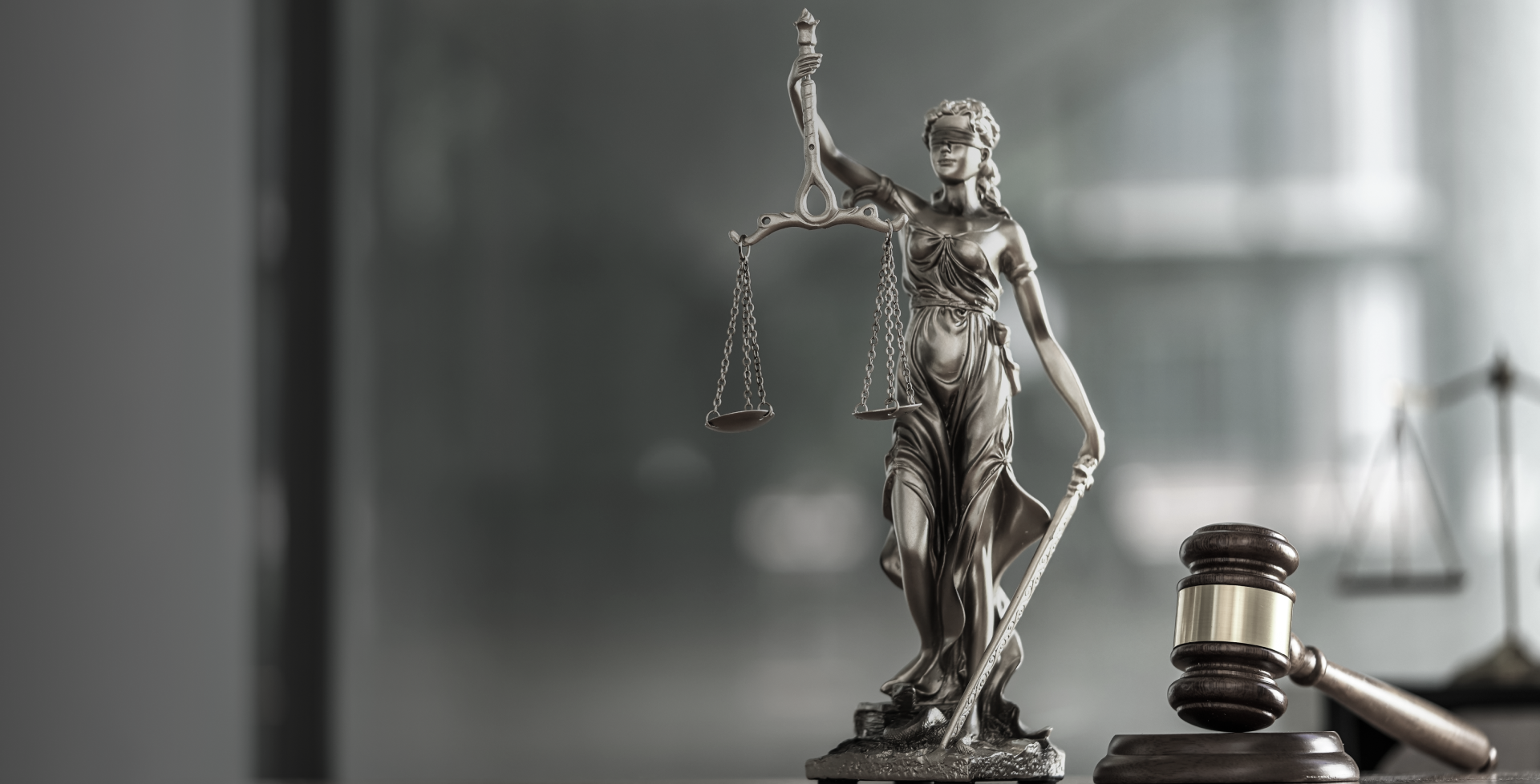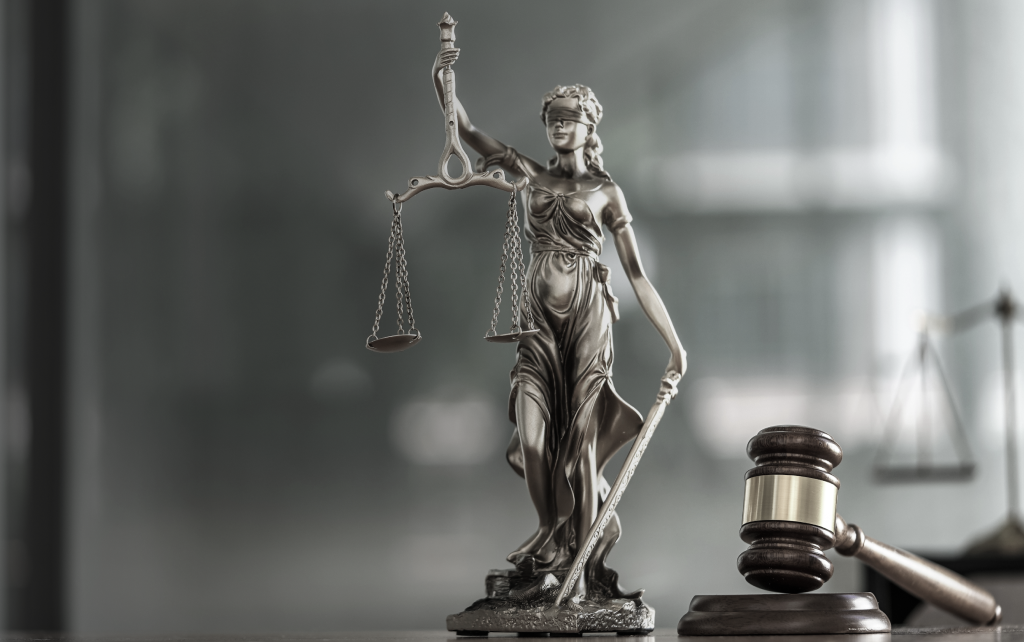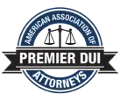Testimonials
about
Experience In Complex Criminal And Civil Cases
Robert Hanaford is an effective trial lawyer with a long record of success, having won tens of millions of dollars for his clients. He has represented clients in some of the most complex civil and criminal defense lawsuits involving death and serious injury resulting
Know More
Round-the-Clock Availability
We're available 24/7, ensuring you can reach us whenever needed, providing peace of mind and timely assistance.


Unwavering Protection of Your Rights
Whether you seek to recover compensation for injuries, the loss of a loved one, or are facing criminal charges, we are dedicated to safeguarding your rights. We're your dedicated ally, ready to advocate for you tirelessly.

Subscribe to our newsletter for exclusive tips and strategies from our experienced, aggressive criminal defense attorney.
Gain insights into personal injury law in Florida. Sign up to stay updated on our high-quality legal services.
Hanaford Law Offices is a criminal defense attorney providing high-quality legal services in Florida across Naples SW Florida and Chicago Illinois.














